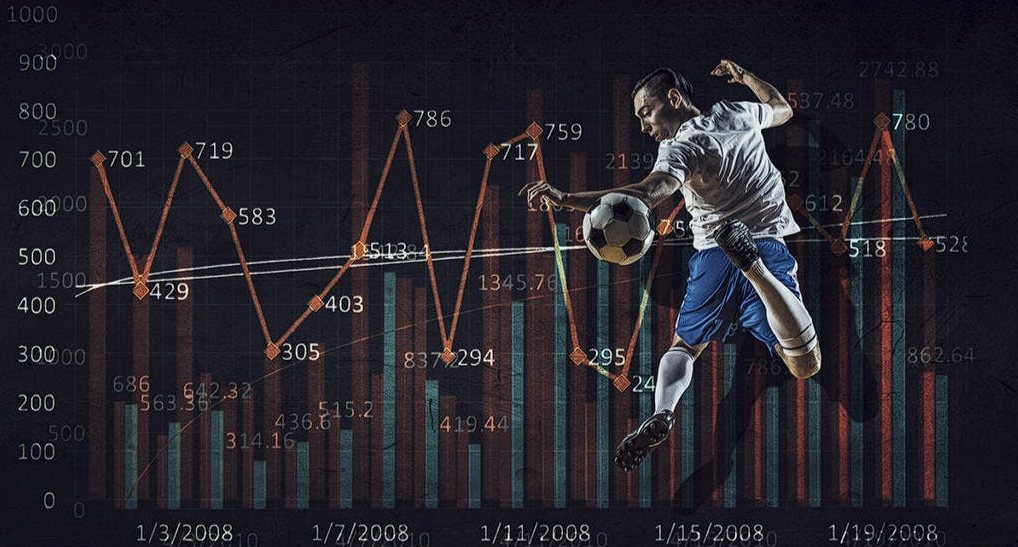In the dynamic world of sports betting, analytics plays a crucial role in enhancing decision-making and improving betting outcomes. By leveraging data and statistical analysis, bettors can gain insights into trends, patterns, and probabilities that inform their betting strategies. This article explores the role of analytics in sports betting and how it can be utilized to maximize success.
Understanding Sports Betting Analytics
Sports betting analytics involves the collection, analysis, and interpretation of data related to sports events and betting markets. This data can provide valuable insights that help bettors make informed decisions and identify value bets.
Types of Data Used in Analytics
- Historical Data: Past performance data, including win/loss records, scores, and statistics, can reveal trends and patterns.
- Real-Time Data: Live data, such as in-game statistics and odds movements, provides up-to-date information for in-play betting.
- Player and Team Statistics: Detailed statistics on player and team performance, including goals, assists, and defensive metrics.
- Market Trends: Analysis of betting market trends, including odds fluctuations and public betting percentages.
The Importance of Analytics in Betting Strategies
Analytics is essential for developing effective betting strategies that maximize returns and minimize risks. By understanding the role of analytics, bettors can make data-driven decisions and enhance their overall betting experience.
Identifying Value Bets
- Probability vs. Odds: Analytics helps identify discrepancies between the implied probability of odds and the actual likelihood of an outcome, revealing value bets.
- Market Inefficiencies: By analyzing market trends and public betting percentages, bettors can identify inefficiencies where the odds do not accurately reflect the true probability of an event.
Enhancing Predictive Models
- Data-Driven Predictions: Analytics enables the development of predictive models that forecast the outcomes of sports events based on historical and real-time data.
- Machine Learning: Advanced analytics techniques, such as machine learning, can improve the accuracy of predictions by identifying complex patterns and relationships in the data.
Key Analytical Tools and Techniques
Utilizing the right analytical tools and techniques is crucial for extracting valuable insights from sports betting data.
Statistical Analysis Software
- Excel and R: Tools like Excel and R allow bettors to perform statistical analysis and visualize data, identifying trends and patterns.
- Specialized Software: Software designed specifically for sports betting analytics, such as Tableau and Python, can provide advanced data visualization and analysis capabilities.
Data Visualization
- Interactive Dashboards: Tools that offer interactive dashboards allow bettors to visualize data in real-time, providing insights into trends and patterns.
- Heatmaps and Charts: Visual representations, such as heatmaps and charts, can highlight key statistics and trends, enhancing decision-making.

Applying Analytics to Different Sports
The application of analytics varies across different sports, each with unique data points and betting markets.
Football (Soccer)
- Key Metrics: Goals scored, assists, shots on target, and possession statistics.
- Analytical Applications: Predicting match outcomes, identifying value bets in goal markets, and analyzing player performance trends.
Basketball
- Key Metrics: Points scored, rebounds, assists, and field goal percentages.
- Analytical Applications: Analyzing team dynamics, predicting game totals, and identifying value bets in player prop markets.
Tennis
- Key Metrics: Ace percentage, first serve percentage, and break point conversion rates.
- Analytical Applications: Predicting match outcomes, analyzing player head-to-head records, and identifying value bets in set and game markets.
Challenges in Sports Betting Analytics
While analytics offers significant benefits, there are also challenges that bettors must overcome to maximize its effectiveness.
Data Quality and Availability
- Accuracy: Ensuring the accuracy and reliability of data is crucial for making informed decisions.
- Accessibility: Access to comprehensive and up-to-date data can be challenging, especially for less popular sports or markets.
Interpreting Complex Data
- Statistical Literacy: Bettors must have a basic understanding of statistics to interpret data accurately and make informed decisions.
- Avoiding Overfitting: Overfitting occurs when a model is too closely tailored to historical data, reducing its predictive power for future events.
The Future of Analytics in Sports Betting
As technology advances, the role of analytics in sports betting is poised for significant growth and evolution.
Emerging Technologies
- Artificial Intelligence: AI can analyze vast amounts of data and identify complex patterns, providing more accurate predictions and insights.
- Blockchain: Blockchain technology can enhance data security and transparency, ensuring the integrity of betting data and transactions.
Integration with Betting Platforms
- Real-Time Analytics: Betting platforms are increasingly integrating real-time analytics, providing bettors with up-to-date insights and recommendations.
- Personalized Insights: Advanced analytics can offer personalized insights tailored to individual betting preferences and strategies.
Conclusion
Analytics plays a vital role in sports betting, providing valuable insights that enhance decision-making and improve betting outcomes. By leveraging data and statistical analysis, bettors can identify value bets, develop predictive models, and make informed decisions. Understanding the importance of analytics and utilizing the right tools and techniques can significantly enhance the overall betting experience. As technology advances, the integration of analytics in sports betting will continue to evolve, offering new opportunities and challenges for bettors seeking to maximize their success.
